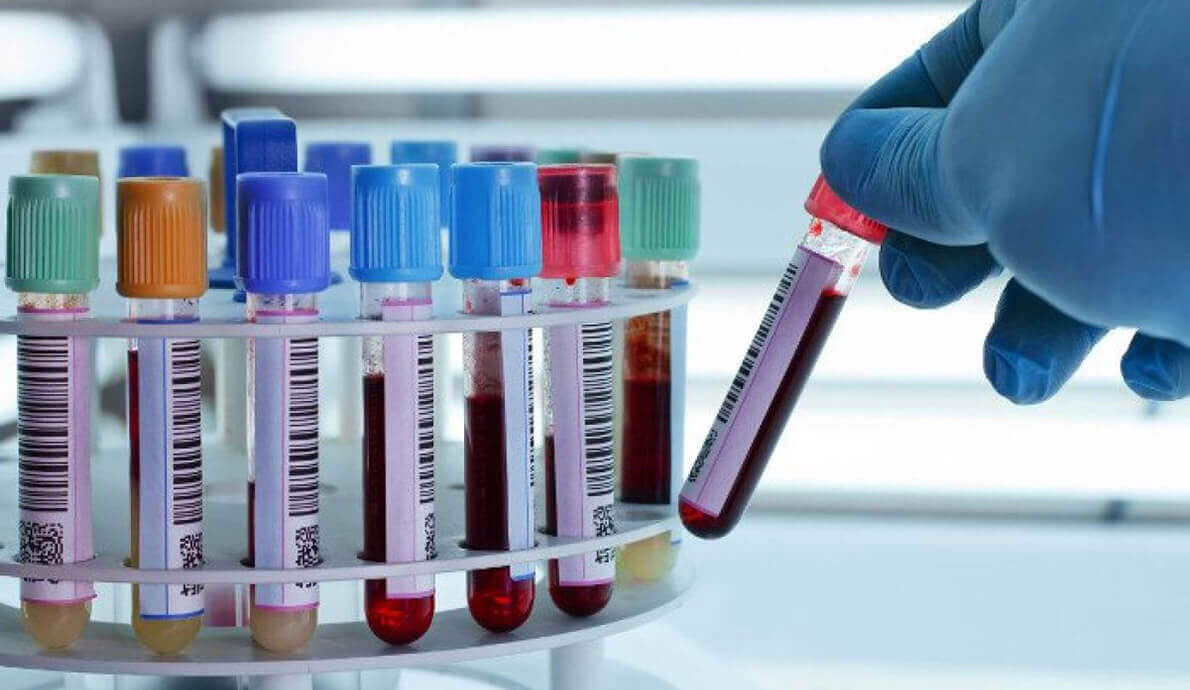A blood test is one of the most common tests healthcare providers use to monitor your overall health or help diagnose medical conditions. You may have a blood test as part of a routine physical examination or because you have certain symptoms.
There are many different blood tests. Some tests focus on your blood cells and platelets. Some evaluate substances in your blood such as electrolytes, proteins and hormones. Others measure certain minerals in your blood.
Regardless of why you’re having a blood test, it’s important to remember that blood tests help healthcare providers diagnose health issues. But blood test results aren’t diagnoses. An abnormal blood test result may not mean you have a serious medical condition.
What are the most common blood tests?
There are many different blood tests. Some tests — such as complete blood count tests, basic metabolic panels, complete metabolic panels and electrolyte panels — check on several different elements in your blood at the same time. Other blood tests look for very specific elements in your blood.
While the various blood and electrolyte panel tests provide a lot of information, there are disease-specific blood tests that help providers diagnose and treat specific conditions.




